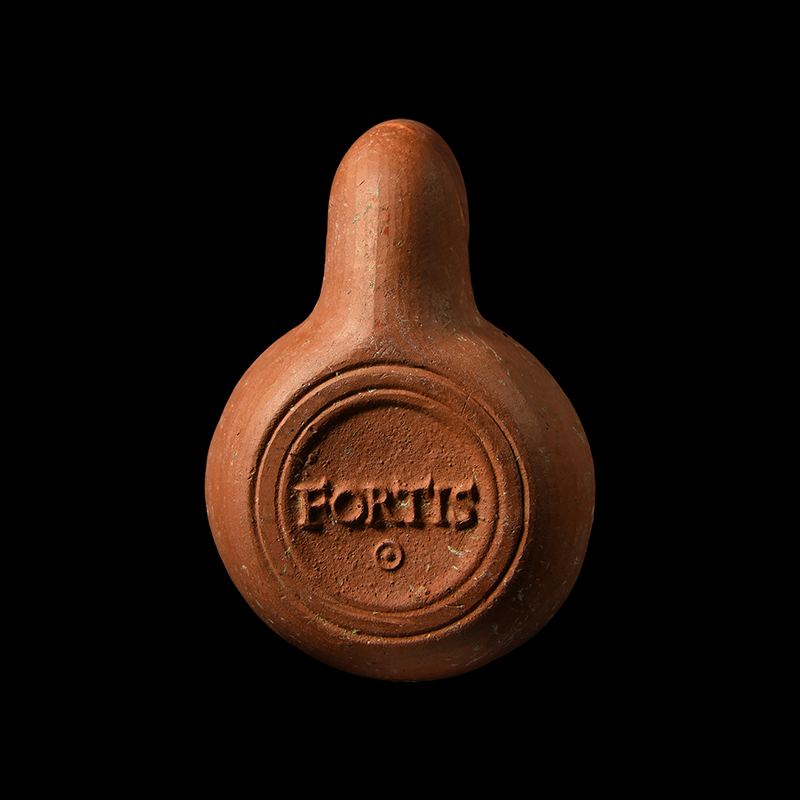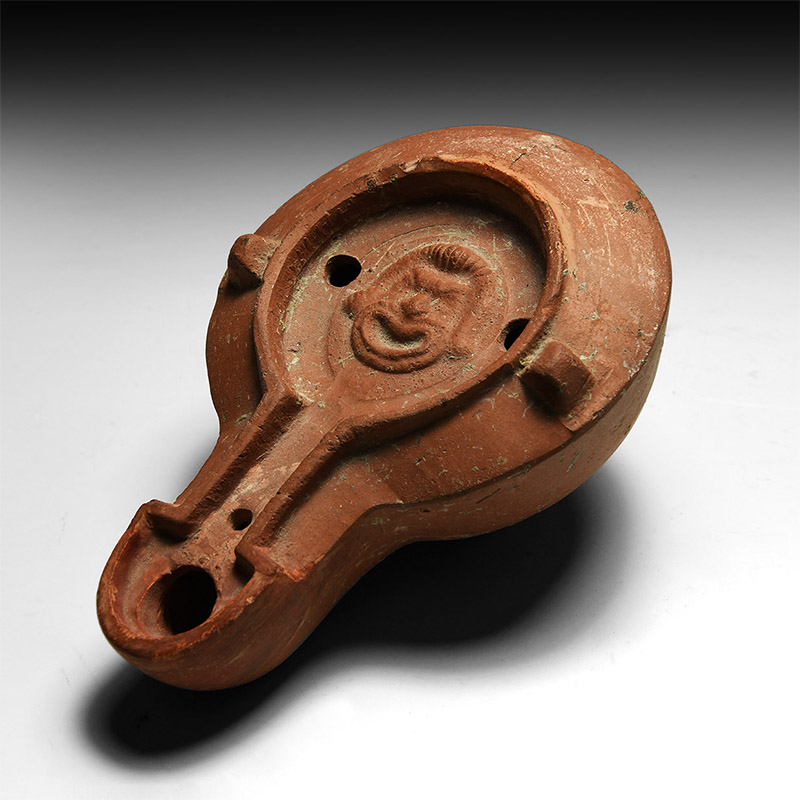Home > Stories by TimeLine Auctions
Stories by TimeLine Auctions
Casting Lamplight on Ancient Fakes

 TimeLine Auctions fights its continuous campaign against fakers by rigorously vetting and scientifically testing material to be offered for sale at each of our auctions. Later a panel of external experts convenes, normally over three days, to carry out first-hand examination of the auction lots. Our system allows for independent assessment of material before it wins approval for inclusion in our sales.
TimeLine Auctions fights its continuous campaign against fakers by rigorously vetting and scientifically testing material to be offered for sale at each of our auctions. Later a panel of external experts convenes, normally over three days, to carry out first-hand examination of the auction lots. Our system allows for independent assessment of material before it wins approval for inclusion in our sales.
This quest to root out fakes commenced many years before TimeLine picked up the banner and took up the challenge. One of our recent lots – a Roman oil lamp with the word FORTIS impressed on its base – takes us back almost 2,000 years to an age when light after sunset emanated from the nozzles of ceramic lamps usually fuelled by olive oil. Their bright flames illuminated family homes; public and private religious shrines; and night-time venues such as inns, wine bars and theatres. They also featured in burial practices where the flame from an oil lamp signified lighting the way to the afterlife.
Greek lamp makers exported their wares to markets throughout the Mediterranean for several centuries before Roman potters challenged the Greek monopoly. Three innovations gave Roman sales a boost. Initially the development of enclosed lamp bodies freed the upper surface of the lamp (the discus) to receive eye-catching decoration. Secondly, the Romans introduced a channel that carried oil dripped from the wick back to the oil reservoir, thus saving on fuel costs. Thirdly, the Romans took advantage of economies of scale without loss of quality. Workshops employing hundreds of expert potters could produce excellent lamps that the small Greek makers simply could not compete with on price.
Roman author and naturalist Pliny the Elder (who died at Pompei in AD 79) mentioned the town of Mutina (present-day Modena) in northern Italy as the location of a large pottery complex; but modern archaeologists found no evidence until 2008 when construction work began on a housing complex just outside the line of the town’s ancient walls. A large Roman clay pit revealed its presence. It had served secondary use as a dump for wasters from Mutina’s pottery kilns. The fragments included hundreds of oil lamps, each with the mark of a famous maker ..STROBILI, COMMUNIS, PHOETASPI, EUCARPI.. and FORTIS.
In his day, Lucius Aemilius Fortis had achieved wide renown for the quality and value of his oil lamps. His chain of strategically located potteries could supply FORTIS lamps locally made and unhampered by heavy transport costs. The name became recognised and desired in many cities across the Empire. Inevitably popularity encouraged imitation. As the archaeologist in charge of the subsequent excavation of the ancient clay pit, and the safe custody of its ceramic treasures, later commented: “Mutina’s pottery complex was indeed a commercial success. Fortis acquired such a high reputation for its lamps that its pottery mark was copied and reproduced throughout the Empire. This was one of the earliest examples of a pirated brand name.”
The Fortis response to the fakers appears to have boiled down to continuing to make genuine FORTIS wares of the highest quality, and at the most competitive prices. At TimeLine we respond to fakes with the aid of our consultants and specialists; each a respected and recognised expert in their field; and with our thoroughly researched, catalogued and professionally photographed lots, each independently assessed before inclusion in the sale.
Brett Hammond (Chief Executive Officer), TimeLine Auctions, 3rd April 2023




